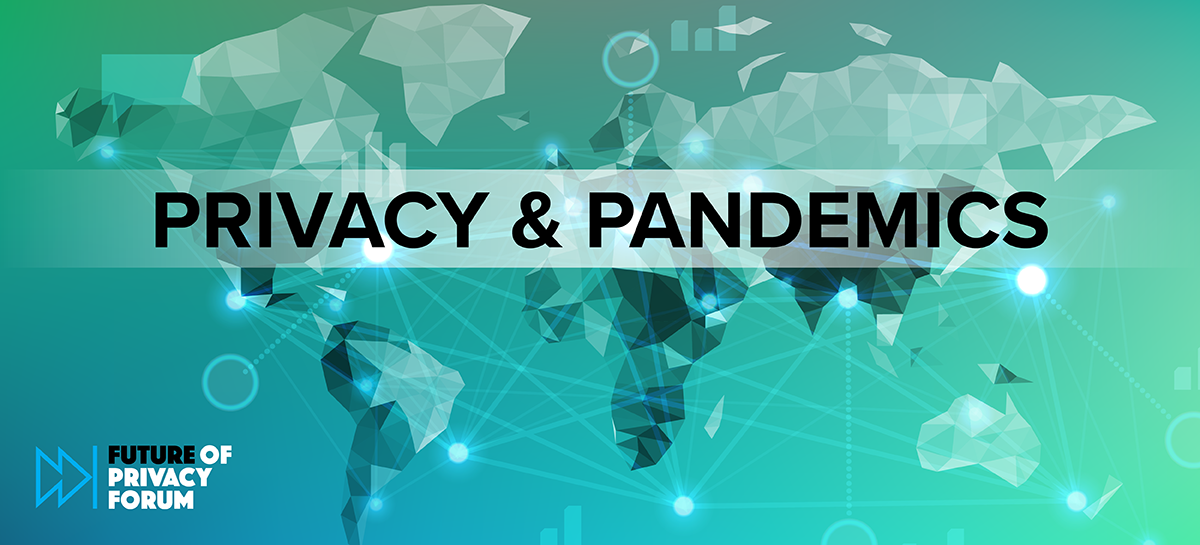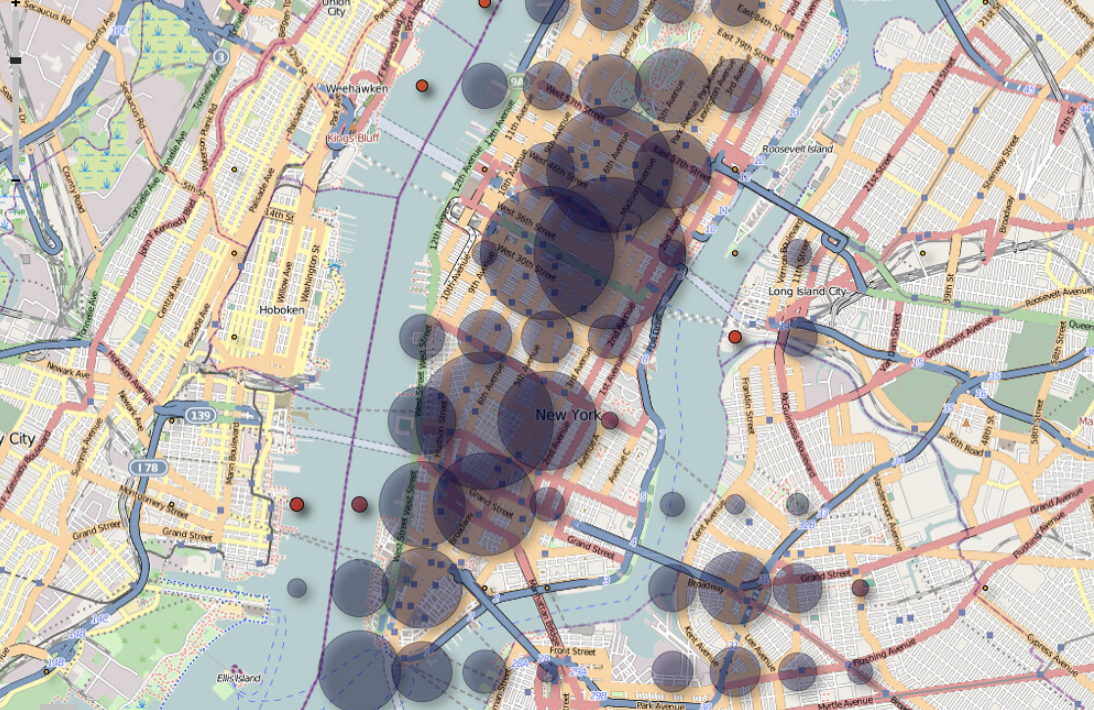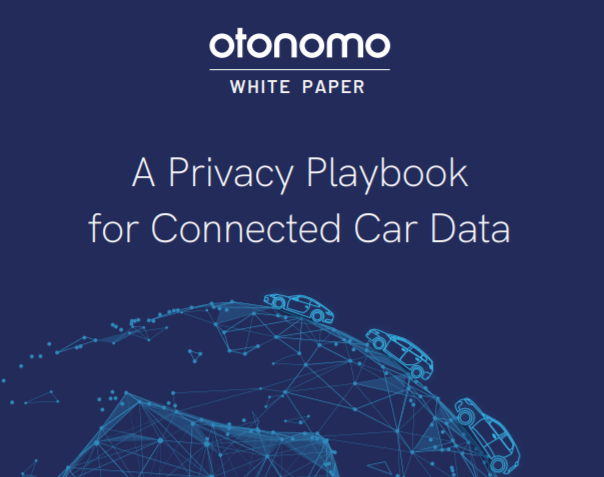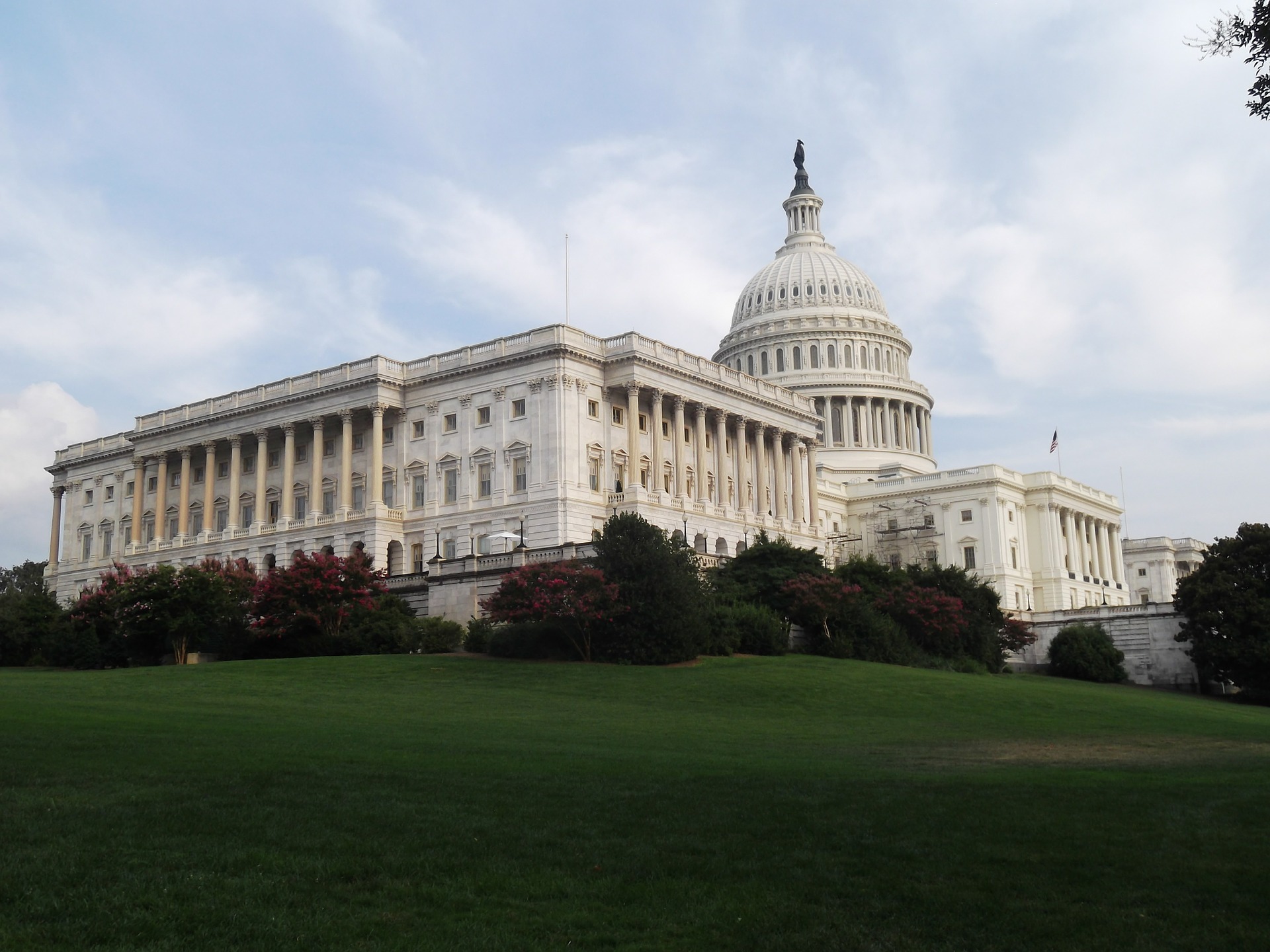Showing results for mid2024 20meta promo code matte mid2024 20meta

Remarks on Diversity and Inclusion by Michael McCullough
[…] and build zero discrimination coding and design), /// measure it and seek feedback internally and externally. Defang an inarguably unfair and institutionally white supremacist carceral system by promoting programs and focusing on giving formerly incarcerated a hand up. Go beyond including diverse images in your spaces; seek out and ensure diverse image makers and […]

Juneteenth
[…] In that spirit, we would like to call attention to the work of Professor Ruha Benjamin and her book Race After Technology: Abolitionist Tools for the New Jim Code. The FPF Privacy Book Club was honored to learn from Professor Benjamin this week and we invite you to watch the video and order her book. We found it to be a thought-provoking […]

Supreme Court Rules that LGBTQ Employees Deserve Workplace Protections–More Progress is Needed to Combat Unfairness and Disparity
[…] companies that do not have direct obligations under the Act (including ad platforms) have utilized the Act to guide their anti-discrimination efforts (see the Network Advertising Initiative’s Code of Conduct). According to the Human Rights Campaign, the number of Fortune 100 companies that have publicly pledged to non-discrimination employment policies on the basis of […]

Artificial Intelligence and the COVID-19 Pandemic
[…] care professionals that leverage audio-visual data, text analysis, chatbots, and sensors. Based on our analysis, we recommend that AI app developers: Improve the fairness of the data; Code check the apps; Validate the models of existing systems; and Improve confidence in recommendations Contents: I. Overview Political and structural responses II. Analysis of COVID-19 […]

European Union’s Data-Based Policy Against the Pandemic, Explained
[…] the population, in combination with specific other measures, will lead to a significantly lower number of infected people.’ In its Resolution, the Parliament also asked for the code of contact tracing apps to be public and recommended that ‘sunset clauses are set and the principles of data protection by design and data minimisation are […]

A Closer Look at Location Data: Privacy and Pandemics
[…] (covering the basics of location information); Mozilla’s Location Service Statistics (updated Mar. 2020) (showing unique bluetooth, cell and wifi networks); OpenCelliD’s Open Database of Cell Towers ( promoting private-public partnerships to understand network coverage patterns); FPF’s Data and the Connected Car Infographic (June, 2020) (describing the basic data-generating devices and flows in today’s connected […]
EU DPAs Issue Green and Red Lights for Processing Health Data During the COVID-19 Epidemic
[…] information related to possible exposure to the virus to the employer or to the competent health authorities; Setting up dedicated channels to receive this type of information; Promoting work from home solutions; In the event of a report about possible exposure, “the employer can record the date and identity of the person suspected of […]

A Privacy Playbook for Connected Car Data
[…] use, and sharing of personal information about drivers, passengers, cyclists, and pedestrians. It is crucial that companies, advocates, academics, technical experts, and policymakers craft creative solutions that promote the benefits of connected vehicles while mitigating the privacy risks. Global legal frameworks have a role to play in assuring meaningful data protection and promoting trust, […]

The Future Is Now: FPF at CPDP2020
[…] 11:45, Petite Halle We are bringing together experts across the privacy, mobility, and civic space to discuss the challenges of transforming—and enforcing—transportation regulations through the use of code and algorithms. This panel aims to build upon the issue as framed by the ITIF report released earlier this year, which introduced multiple potential frameworks for […]

Privacy Papers 2019
[…] and when it should not. It examines the relationship between precluded personal information, such as race, and the proxies for precluded information, such as names and zip codes. It proposes that the success of these measures depends on what types of proxies exist for the information blocked and it explores in which situations those […]
